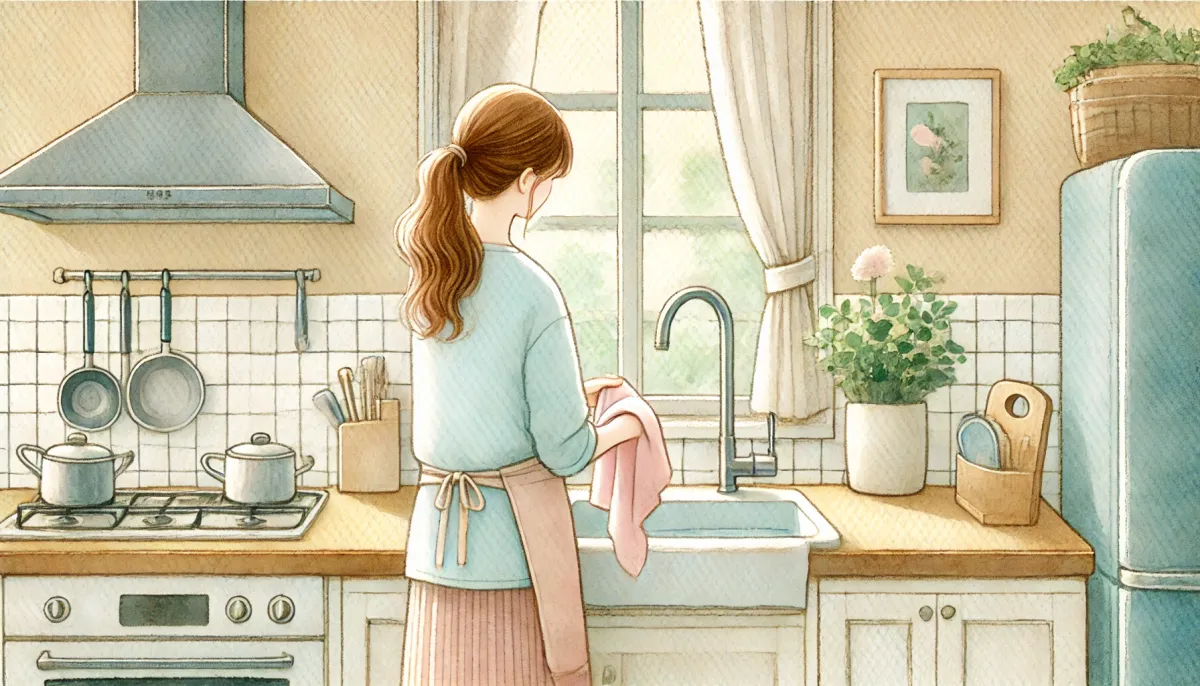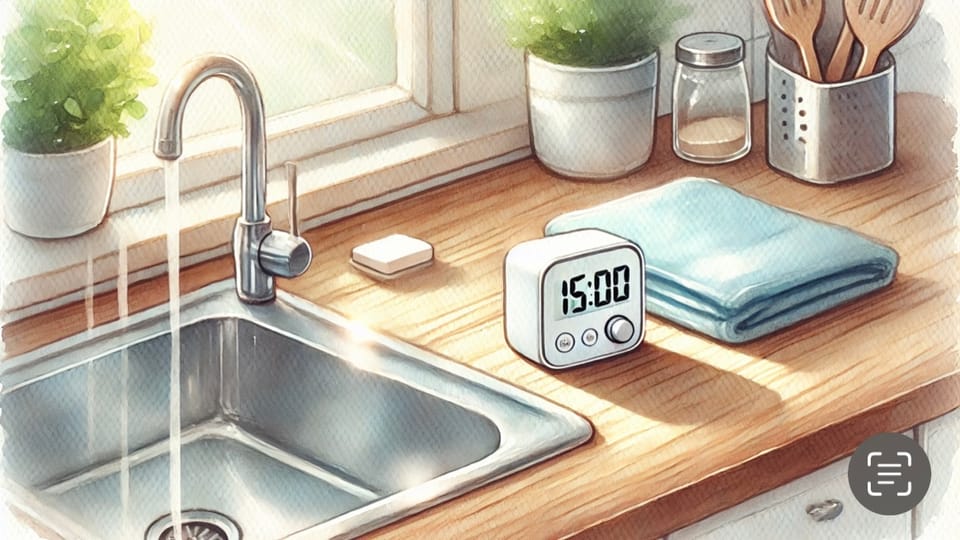The Neuroscience of Habits: How Your Brain Learns to Be Organized

Have you ever caught yourself thinking, “I’m just not the organized type”? Some people seem to be naturally tidy — they live in spotless homes, follow routines, and always know where everything is. Meanwhile, others constantly struggle with clutter, missed tasks, and guilt. It might feel like order is something you're either born with or not.
But the truth is, organization isn’t a gift — it’s a skill. And it’s one your brain can absolutely learn.
The Fly Lady method is based on this simple, science-backed idea: habits are formed through repetition, not through willpower. That’s why it doesn’t demand perfection or full control over your entire home. Instead, it gently guides you toward small, consistent changes your brain can actually handle — and enjoy.
How Your Brain Builds Habits
Our brains are incredibly adaptable. They have a built-in ability called neuroplasticity — the capacity to create and strengthen new neural pathways in response to repeated actions. In plain terms, when you do something over and over, your brain starts recognizing it as familiar and eventually turns it into an automatic behavior.
Take something as simple as shining your sink every night. At first, it may feel pointless or even exhausting. But after a week or two, you’ll find yourself doing it without even thinking. It’s no longer a chore — it becomes part of your rhythm.
This is the core of the Fly Lady method: small steps that gradually shape new habits without overwhelm or burnout.
Here’s how your brain turns small tasks into lasting habits:
• Repetition creates a new neural pathway
• Each repetition strengthens that pathway
• Eventually, your brain treats the habit as the default
• What used to feel like effort becomes second nature
Why This Method Works
Most of us have tried to “start over on Monday.” We clean the whole house, declutter like crazy, create a new routine — all in one day. But that kind of drastic change is hard for the brain. It sees it as a threat, resists the stress, and pulls you right back into old patterns. No wonder the motivation doesn’t last.
Fly Lady offers a completely different approach: gradual, sustainable routines that start with tiny wins. These daily actions build a structure that feels natural — and actually sticks.
The method is based on a few key principles:
• Start small, not drastic
• Focus on consistency, not perfection
• Build habits, not just results
• Treat order as self-care, not punishment
• Use rituals that are gentle but grounding
The LadyFly app helps you bring this system into your daily life. You get reminders, track your routines, and see your progress as it builds up — proof that even the smallest actions can lead to real change.
It’s Not Just Your Home That Changes
As your habits become second nature, something else shifts — your mindset. You stop thinking of yourself as “messy” or “undisciplined.” You start to feel more in control, more confident, and more capable of taking care of yourself and your space. Your brain starts to associate these new routines with calm, safety, and success — and that motivates you to keep going.
Many people who follow the Fly Lady method notice the same things:
• The guilt about clutter fades
• There’s a sense of calm and control
• Anxiety and overwhelm ease up
• Motivation comes from inner comfort, not pressure
• Everyday tasks feel lighter and more meaningful
If you’ve always believed that organization just isn’t in your nature, maybe no one ever gave you the right approach. Not one based on shame or hustle, but on kindness, structure, and steady support.
Where to Begin
The first step is always the hardest — but in the Fly Lady system, it’s also the smallest. Shine your sink. Do one tiny evening ritual. Check off a task in the LadyFly app. Let the rest unfold gradually, day by day. You’ll be amazed at what changes once your brain starts recognizing the rhythm.
Organization isn’t something you’re born with. It’s something you build — and your brain is ready.
Download the LadyFly app and start creating a life that feels lighter, calmer, and more organized — not through pressure, but through small, loving steps that make sense.
Let this be the beginning of something better.





